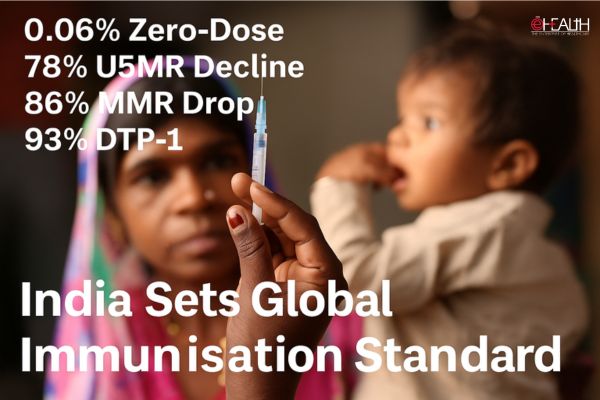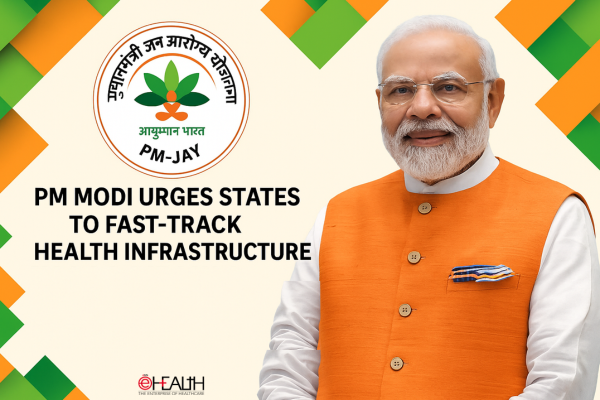
The World Bank has signed a loan agreement of $287 million for the Tamil Nadu Health System Reform Programme with the government of India.
This move was made to improve the quality of health care, reduce the count of NCDs and fill equity gaps in reproductive and child health services.

The Program will support the state government to develop clinical protocols and guidelines, achieve national commendation for health facilities in the public sector, provide medical education to strengthen physicians, nurses and make data accessible to strengthen the relationship between citizens and the state by making quality and other data accessible to the public.

The agreement was signed by Sameer Kumar Khare, Additional Secretary, Department of Economic Affairs, Ministry of Finance, on behalf of the Government of India, Beela Rajesh, Secretary, Health and Family Welfare Department, on behalf of the Government of Tamil Nadu and Hisham Abdo, Acting Country Director, World Bank India, on behalf of the World Bank.

Commenting on the collaboration, Sameer Kumar Khare said, “Tamil Nadu can serve as a model for how to take health system performance to the next level by investing in the public sector and offer lessons to other states. He said that it is a moment of happiness that the World Bank is helping the state in this journey.”

“The programme supports interventions to strengthen institutional and state capacity to achieve results. Good practices and innovations from Tamil Nadu are being scaled up while others from around the world are being introduced through the programme to improve management of the state public health sector, increase transparency, and strengthen accountability,” said Hisham Abdo, Acting Country Director, World Bank.
“This Programme focuses on results instead of inputs through a Programme-for-Results (PforR) lending instrument. This will provide a much greater focus on outputs and outcomes through better alignment of expenditures and incentives with results,” said Rifat Hasan, Senior Health Specialist, World Bank India, and the Task Team Leader for the programme. The use of the PforR instrument is a first for the health sector and will offer lessons for other states.
According to NITI Aayog Health Index, Tamil Nadu ranks Tamil Nadu ranks third among all Indian states in the NITI Aayog Health Index with a decline in maternal mortality rate from 90 deaths per 100,000 live births in 2005 to 62 deaths in 2015-16. Similarly, infant mortality rate has declined from 30 deaths per 1000 live births to 20 in the same period.
Be a part of Elets Collaborative Initiatives. Join Us for Upcoming Events and explore business opportunities. Like us on Facebook , connect with us on LinkedIn and follow us on Twitter , Instagram.
"Exciting news! Elets technomedia is now on WhatsApp Channels Subscribe today by clicking the link and stay updated with the latest insights!" Click here!
















